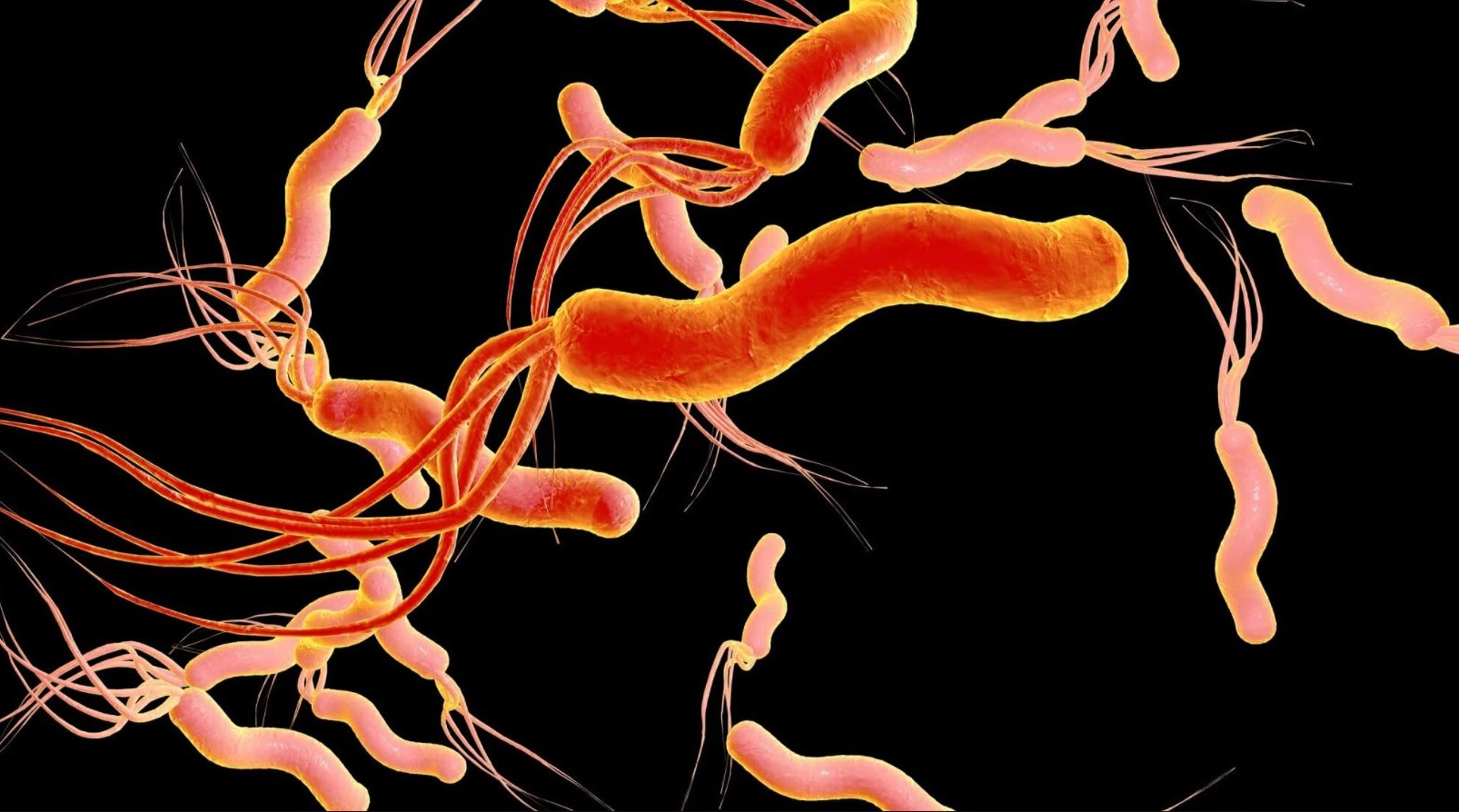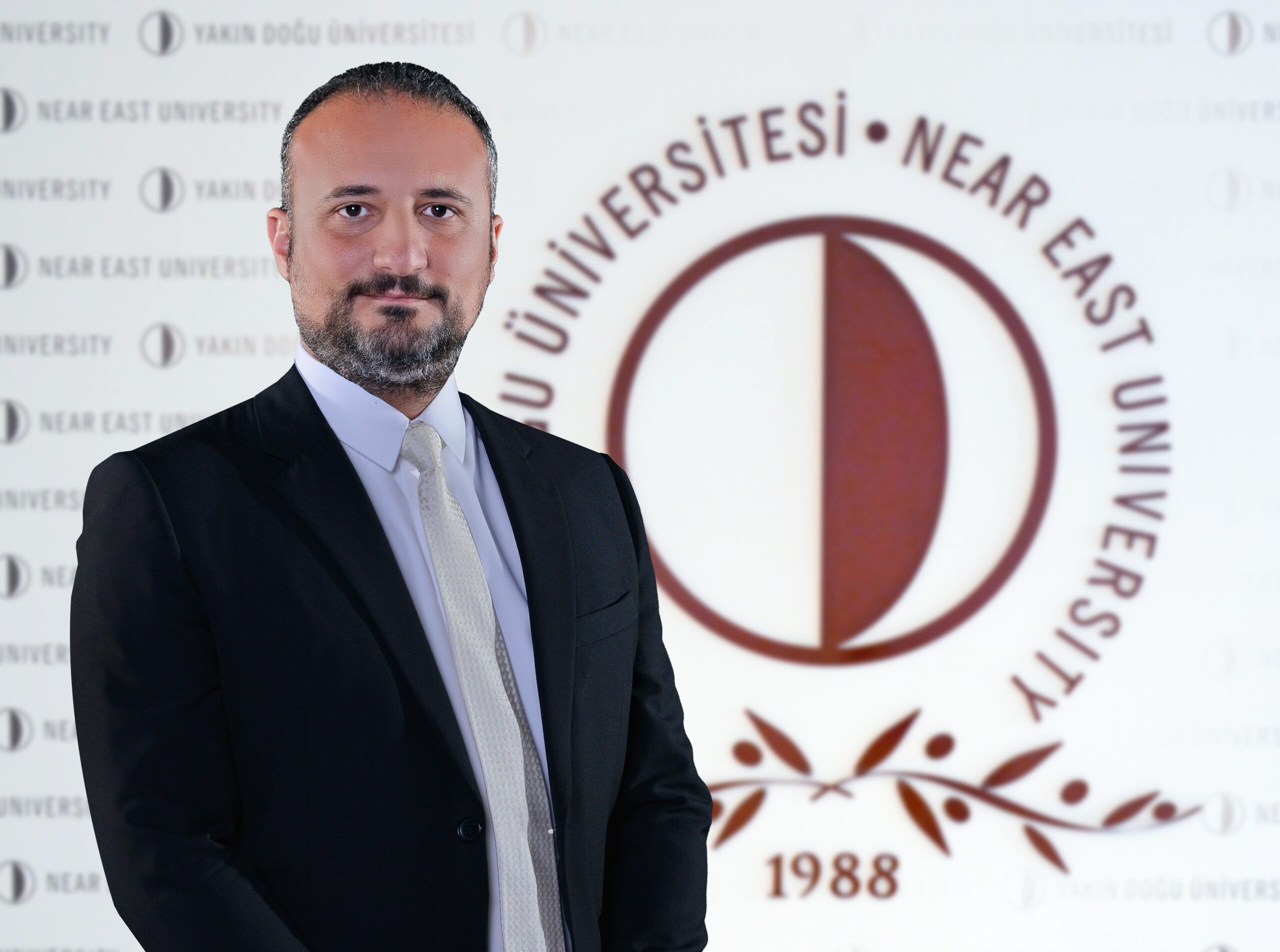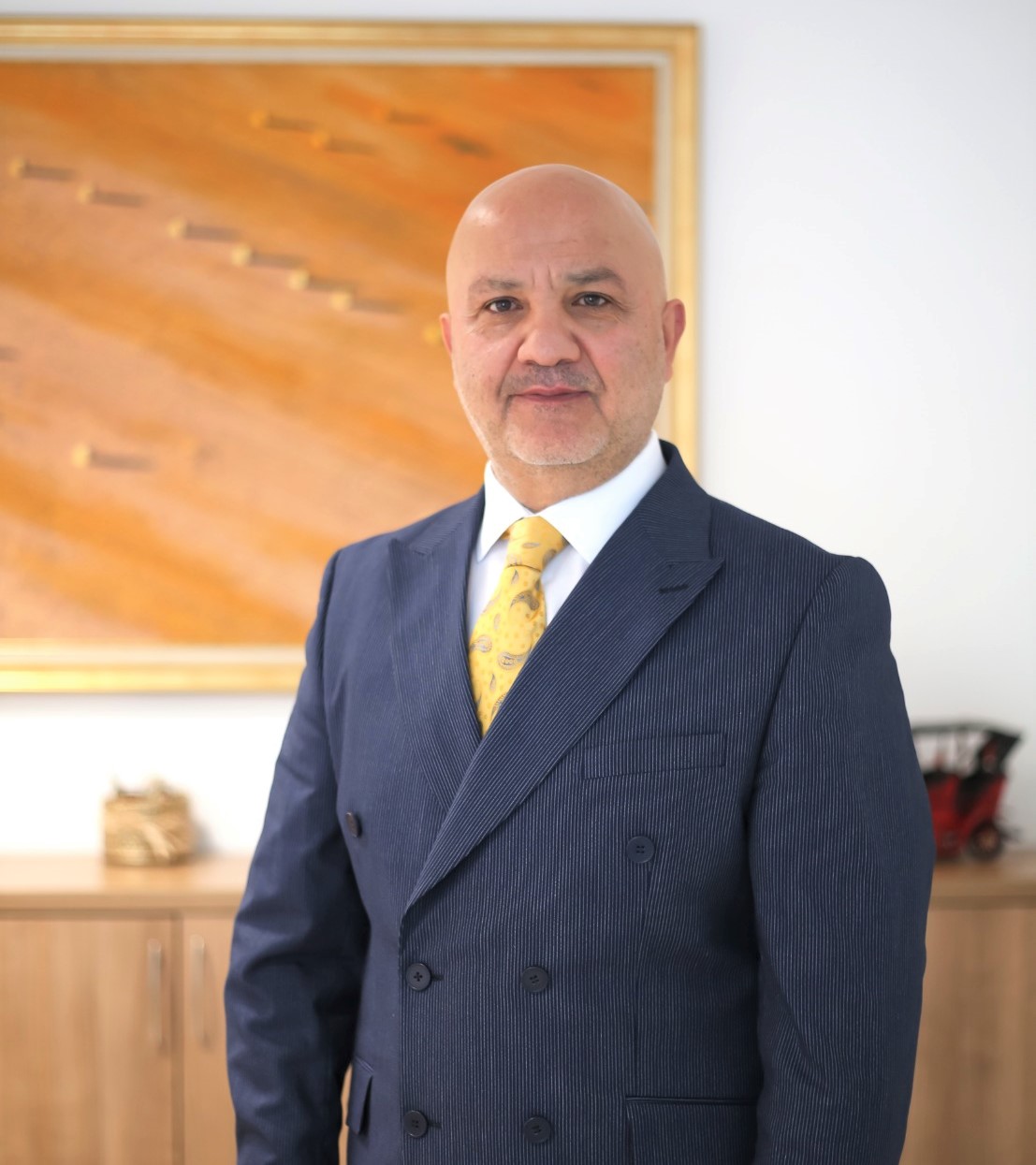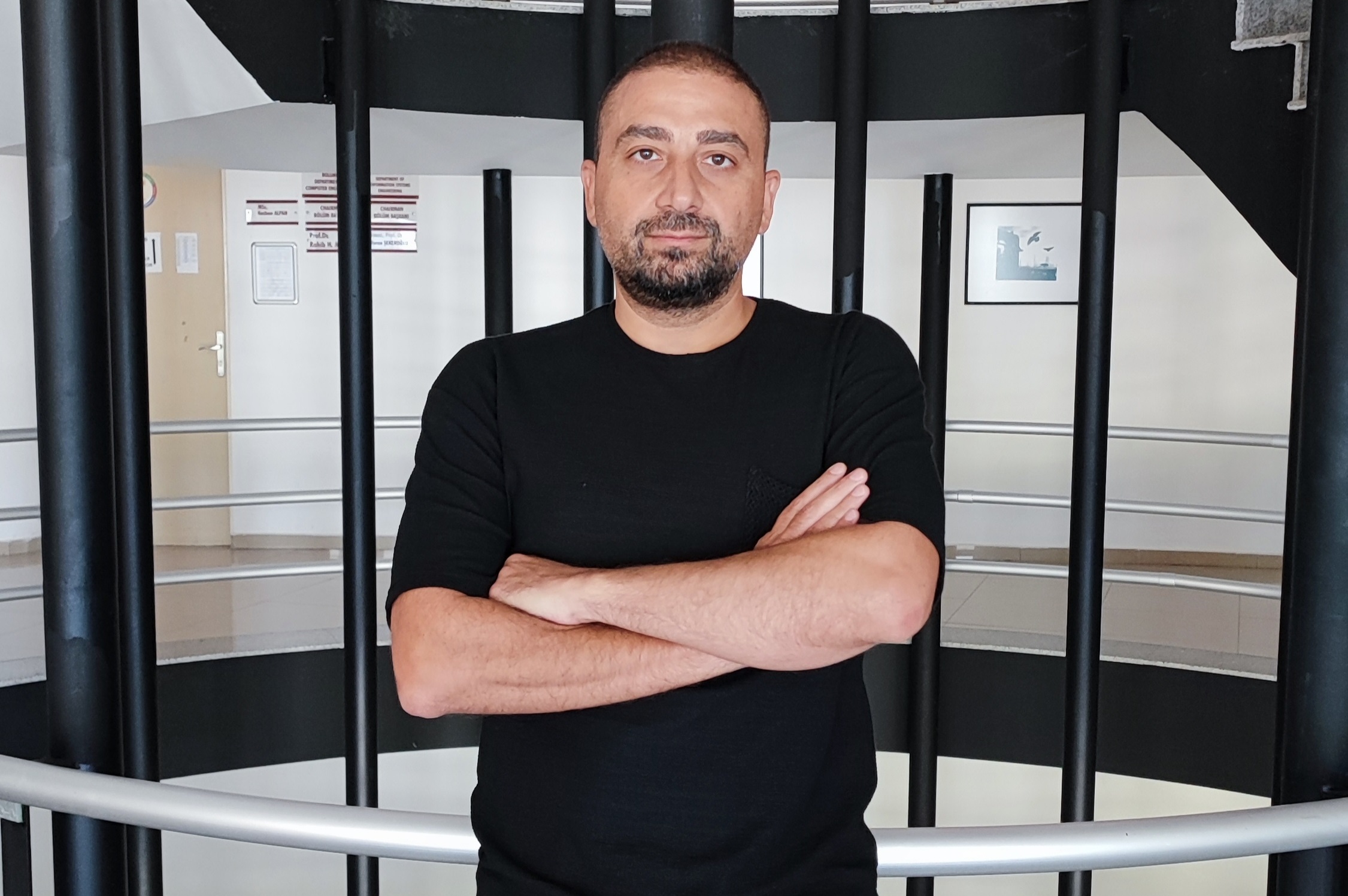
The patent of the biosensor developed to detect Helicobacter pylori bacteria, which can cause many stomach diseases, especially cancer, ulcer and gastritis, has been registered in the name of Near East University.
For several years, although it was thought that the most important cause of stomach ulcer was the rising acid rate in the stomach, in the 80s it was revealed that the main source of this disease was Helicobacter pylori, which settled in the stomach and intestinal flora. Moreover, the density of this bacterium, which is quite common in addition to diseases such as ulcers, gastritis and reflux, can also cause diseases such as thinning of the stomach wall, cellular changes that may cause cancer, stomach cancer and gastric lymphoma. For this reason, monitoring the density of Helicobacter pylori in the stomach and intestines is of vital importance in the diagnosis of these diseases as well as in determining whether the treatment applied is working or not.
As a result of the research conducted by Near East University Rector Prof. Dr. Tamer Şanlıdağ, who is also a microbiologist, Near East University Engineering Faculty Biomedical Engineering Department Head Assoc. Prof. Dr. Süleyman Asır, Hacettepe University Department of Chemistry lecturer Prof. Dr. Adil Denizli and Dr. Monireh Yücel, a system that directly recognizes Helicobacter pylori by molecular imprinting method was developed. The patent of the biosensor consisting of nanochip developed through this system was registered in the name of Near East University in the past weeks.
Thanks to the biosensor developed by the Near East University, the density of Helicobacter pylori will be determined and the course of bacterial diseases will be easily monitored during the diagnosis and treatment phase.

Prof. Dr. İrfan Suat Günsel: “We transform the academic studies of our university’s competent scientists into products with the vision of University 4.0 and turn them into tangible benefits for humanity.”
Emphasizing the Near East University’s ability to transform its academic knowledge into a product, Near East University Chairman of the Board of Trustees Prof. Dr. İrfan Suat Günsel said, “We transform the academic studies of our university’s competent scientists into products with the vision of University 4.0 and turn them into tangible benefits for humanity.”
Stating that scientific progress can only improve the quality of human life when turned into products, Prof. Dr. Günsel said, “We will continue to offer many of our scientific studies, which are based on high technologies, to the service of humanity with our capacity to turn them into R&D and products.”

Prof. Dr. Tamer Şanlıdağ: “Behind the patent we received lies the academic experience of the Near East University and its R&D and product development capability.”
Near East University Rector Prof. Dr. Tamer Şanlıdağ also said that behind this success of Near East University, which many rating institutions have shown it among the best universities in the world, lies a great academic knowledge, R&D and product development capability.
Emphasizing that they carry out multidisciplinary studies with teams consisting of universities from many countries of the world and academicians specializing in different fields, Prof. Dr. Şanlıdağ said, “The biosensor, which we developed as a result of the studies carried out together by esteemed scientists from Hacettepe University and Near East University, was one of the most important examples of this approach.” Stating that the patent for the biosensor that will monitor Helicobacter pylori has been registered in the name of Near East University, Prof. Dr. Şanlıdağ said, “We have taken an important step to launch the biosensor we have developed”.

Assoc. Prof. Dr. Süleyman Aşir: “The biosensor we have developed will provide great convenience to physicians in monitoring the effectiveness of the treatment process as well as diagnosis.”
Near East University Head of Biomedical Engineering Department Assoc. Dr. Süleyman Asır, on the other hand, used the statement about the biosensor that enables the detection of Helicobacter pylori, which causes stomach diseases, “When we place the samples taken on the nanochip we have developed, we can quickly detect whether the bacteria is present and if so, the amount.”
Emphasizing that accurately determining the density of Helicobacter pylori will facilitate the diagnosis of diseases, Assoc. Prof. Dr. Asır said, “The biosensor we have developed will provide great convenience to physicians in monitoring the effectiveness of the treatment process as well as diagnosis.”